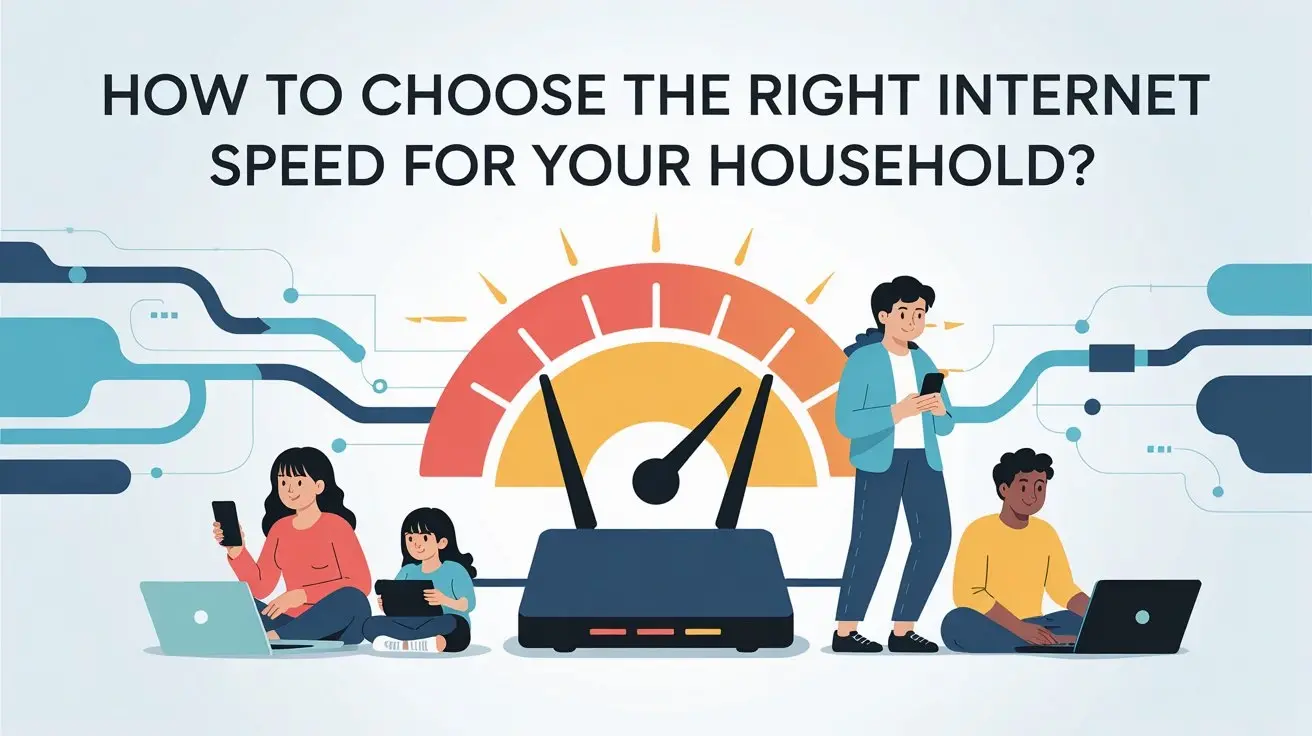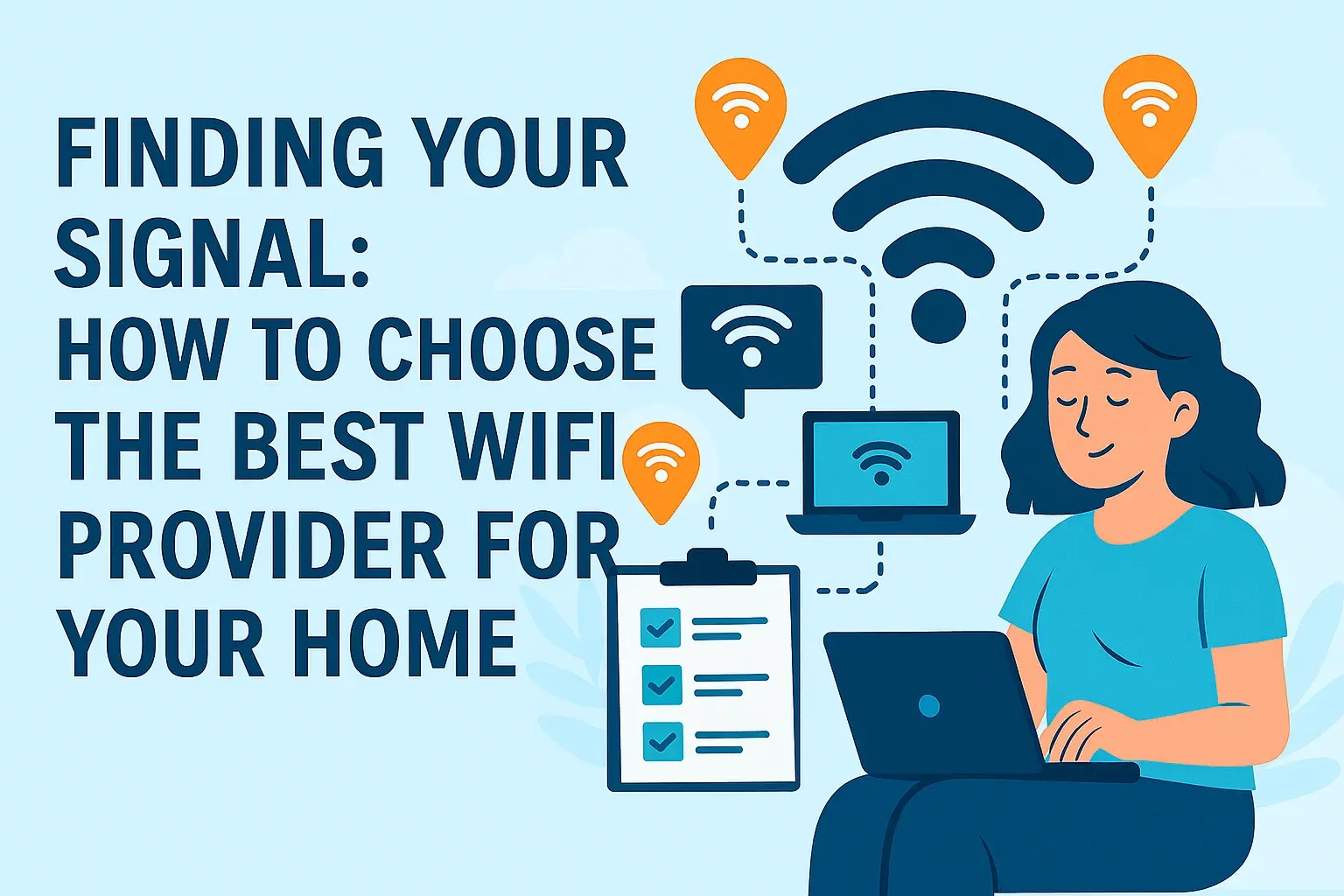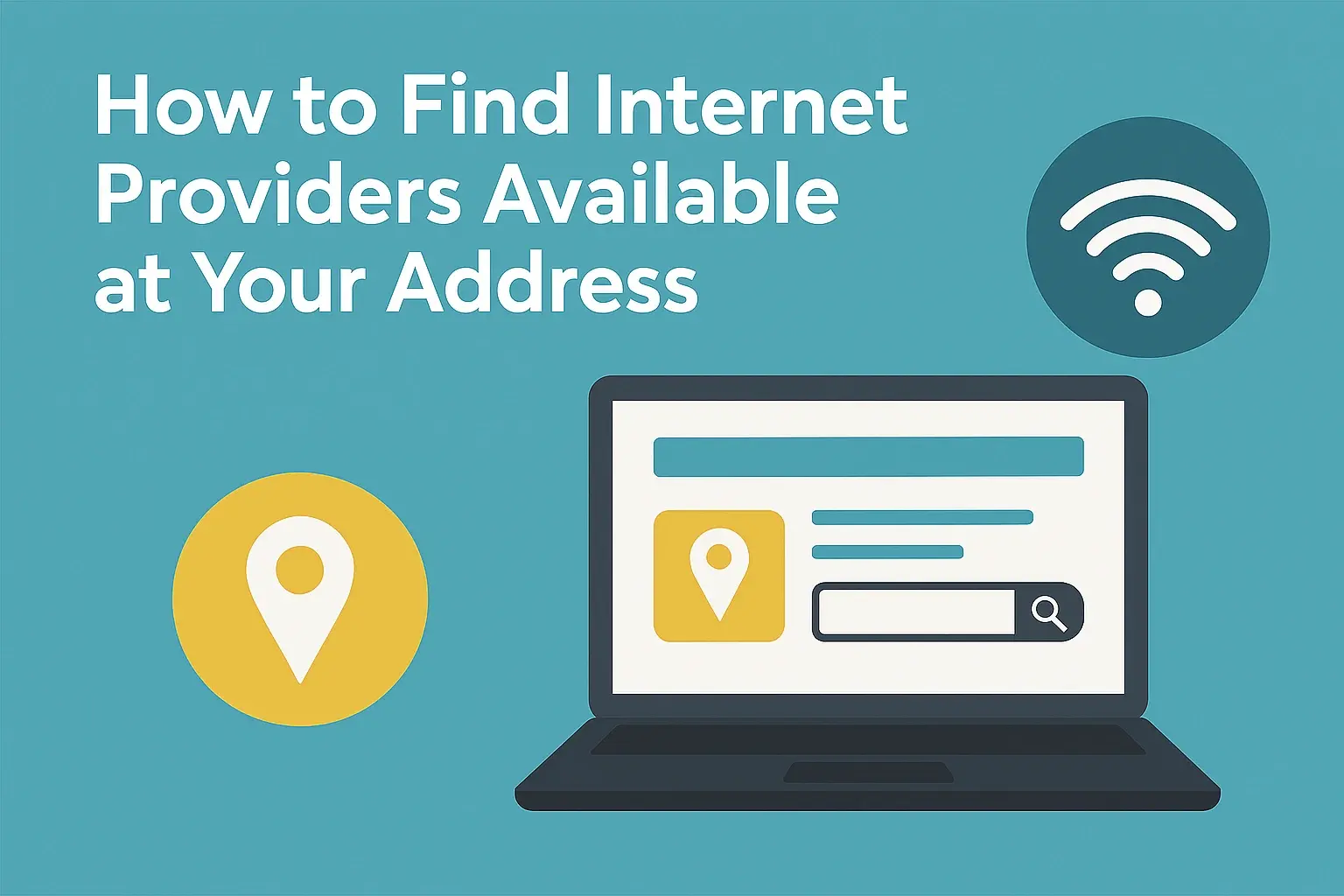
In today's online world, a good and fast Internet service is crucial for business success. Fiber internet, especially when supported by a fiber network, has become a key player, giving high speeds and fast speeds and reliability. Although it may have limited availability in some areas, fiber internet is growing quickly. This growth helps businesses get the connections they need to succeed now.
The Importance of Fiber Internet for Businesses
In today's competitive business world, a fast and reliable internet connection is a must, not a luxury. All kinds of businesses need internet service for many tasks. This includes communication, teamwork, data storage, and managing customer relationships.
Fiber internet is very important now. It has great speed and a lot of bandwidth. This makes it essential for businesses that want to do well in the digital age. Fiber internet brings many benefits that can greatly improve a company's productivity, efficiency, and chances of success.
Boosting Operational Efficiency with High-Speed Internet
One of the best things about fiber internet for businesses is how it helps them work better. With high-speed internet, tasks that used to take minutes or hours are now done in seconds.
Faster upload speed is great for businesses that need to send large files or use important applications that need a lot of data. This speed makes it easier for employees to work together. They can share and access files smoothly, which boosts productivity and helps complete tasks faster.
Additionally, high-speed internet makes it easy to use cloud-based apps and services. These tools are very important for modern businesses. They allow real-time data syncing and remote access to important information. This means fiber internet helps businesses run smoothly and make quick, smart decisions based on data.
Ensuring Reliability and Uptime in Competitive Markets
In today’s busy and connected business world, having a reliable network is very important. Downtime can lead to lost money, missed chances, and harm to a company's image.
Fiber internet is much more reliable than regular internet services. With strong infrastructure and dedicated connections, fiber internet has very little downtime. This means businesses can run smoothly without interruptions.
This reliability is very important in competitive markets, where even a little downtime can hurt a business. With fiber internet, companies can feel good about their operations, knowing their internet connection will not be a problem.
Understanding Fiber Internet Technology
Fiber internet is different from regular internet services because of the technology it uses. While cable or DSL internet relies on copper wires to send data, fiber internet uses fiber optic cables.
These cables are made of very thin glass strands and send data using light waves, not electrical signals. This key difference means that fiber internet can work much faster and has a larger capacity for data.
How Fiber Internet Works?
Fiber internet uses special fiber technology to give very fast internet speeds over longer distances and send higher volumes of information. Unlike traditional broadband services that use copper wires, fiber internet sends data through thin strands of glass or plastic fibers. It uses light waves to do this.
These light waves move incredibly fast. This means data can be sent much quicker than the electrical signals of regular copper networks. Therefore, fiber internet has download and upload speeds that are often much faster than those of standard internet services.
Also, fiber optic cables are not easily affected by outside factors like electromagnetic interference (EMI) and radio frequency interference (RFI). These factors can lower the quality of copper internet connections. Because of this strength against interference, fiber internet is very reliable and has great uptime.
Advantages Over Traditional Broadband Services
Fiber internet has many benefits compared to regular broadband services like DSL and cable internet. This makes it an excellent choice for businesses, especially when considering business fiber internet options. The biggest benefit is the higher speeds that fiber internet gives. It can reach speeds of several gigabits per second. This means companies can download and upload much faster, leading to better productivity and efficiency.
Another important benefit is the higher bandwidth from fiber internet. Bandwidth is the amount of data that can travel over an internet connection at the same time. With fiber, many users and devices can connect and work well without lag or slowdowns.
Also, fiber internet has symmetric internet speed capability and symmetrical internet speeds. This means the upload and download speeds are the same, providing quick access to essential tools. This is especially helpful for businesses that use cloud applications, video calls, or move large files. These activities need a lot of upload bandwidth.
Choosing the Right Fiber Internet Provider
Choosing the right fiber internet provider is very important for businesses. It helps them get the most out of this technology. Many providers have different plans and prices, so it is crucial to think about your business needs.
You should consider factors like network coverage, reliability, customer support, and pricing as part of your decision.
Key Factors to Consider When Selecting a Provider
When you pick a fiber internet provider, consider some important points. This will help you find a plan that works for your business. First, check if fiber internet service is available at your service address. Fiber internet is still not in all areas.
Next, ask about the network reliability and how often the service works without interruptions. Look for providers that have service level agreements (SLAs). These agreements will tell you the uptime percentage and what you get if there is downtime. A strong internet connection is important for keeping your business running, so choose a provider known for steady service.
Also, ask about the security features that the compatible gateway smart home manager app provider offers. Cyber threats are getting smarter, so it is important to choose a provider that takes network security seriously. Look for features like firewalls, malware protection, and systems that detect intruders.
Comparing Plans and Pricing for Maximum Value
Once you've identified providers available in select areas, comparing separate plans and pricing is essential to find the best value for your business. Fiber internet plans typically vary in terms of speed, data allowances, and additional features.
Consider your business's internet usage patterns and the number of users and devices that will be connecting to the network. If you handle large files, stream high-definition video, or have multiple users relying on the connection, opting for a higher speed plan with unlimited data is advisable.
While the advertised speeds can give you a general idea of performance, it's important to inquire about the provider's network management practices and their impact on actual speeds, especially during peak usage hours.
Implementing Fiber Internet Solutions
Once you have picked a fiber internet provider and a plan, the next step is to set it up for your business. This usually means you will need to book an installation appointment with the provider. During this appointment, a technician will come to install the equipment you need.
Before the installation, it is good to get your business ready. Make sure there is a clear path for the fiber optic cable. Also, find suitable spots for the modem or router.
Preparing Your Business for Installation
Preparing your business for fiber internet installation can help you save time and avoid problems. Before the appointment, check your current network setup. Look for any areas that might slow things down.
Make sure you have a gateway or router that works well with fiber internet speeds. If you're not sure if yours is compatible, ask your provider. They can suggest the right gear or may offer a suitable gateway during installation, potentially at no extra cost, ensuring it has the maximum speed capabilities for optimal performance. It’s also a good moment to look over your current business internet plan. Make sure it meets your needs.
Lastly, let your employees know about the upgrade and any possible disruptions during the installation. Giving them advance notice can reduce issues and help the transition go smoothly.
Maximizing the Potential of Your Fiber Connection
Once your fiber internet connection is ready, it’s important to get the most out of it for your business. Check how you are using the internet often. If your needs change, think about moving to a higher bandwidth plan.
Use cloud services and apps to make your business work better and help people team up. Fast upload speeds make it easier to use cloud storage, online backups, and other cloud tools.
Also, use the growth flexibility that fiber internet provides with business fiber plans that allow for future growth. As your business grows, you can easily upgrade your internet plan to keep up with higher bandwidth needs without major changes or disruptions.
Conclusion
In summary, using fiber internet can change how your business runs. It makes your work more efficient, reliable, and competitive. This modern technology is much faster and more stable than regular broadband, helping your business grow in today’s digital world. Choosing the right fiber internet provider is important. This helps you get the most out of this great connection. By choosing fiber internet and setting it up well, you can have smooth connectivity that supports your business success. Stay ahead by adding fiber internet to your work. You will see the amazing effect of fast and reliable internet for ongoing growth and better performance.






